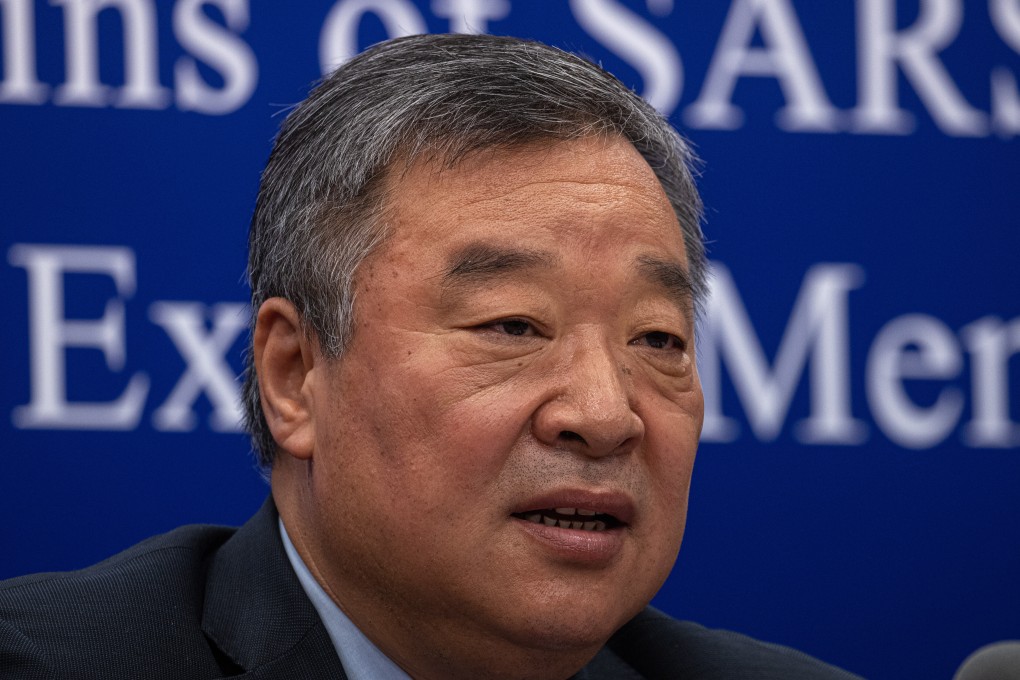Exclusive | Coronavirus: China scientist calls for ‘continuity’ in next phase of WHO origins hunt
- Expert who led Chinese team during investigation in Wuhan says the same people should be involved in new study
- Liang Wannian also says host country should have a say in who takes part to ‘fully respect’ their national sovereignty

“I think the WHO should be fully aware of this from a scientific point of view,” said Liang, a professor with the Vanke School of Public Health at Tsinghua University in Beijing.
He said the host country of the next phase of the investigation should also be involved in deciding who joins the mission.
“In order to fully respect the national sovereignty of the next country conducting the new coronavirus tracing study, the final composition of the expert group should be mutually agreed between the host country and the WHO, with the leader of the expert group being a technical expert or official of the WHO Secretariat and an expert recommended by the host country,” Liang said in a written response to the South China Morning Post.

01:15
China rejects WHO plan to revisit Covid-19 lab leak theory
After the team of experts travelled to the city in January, spending four weeks there, they concluded that a lab leak was “extremely unlikely” to have caused the first cases, and Beijing says there should be no further investigation into this unless there is new evidence. It also wants the focus of the inquiry to shift to other countries.